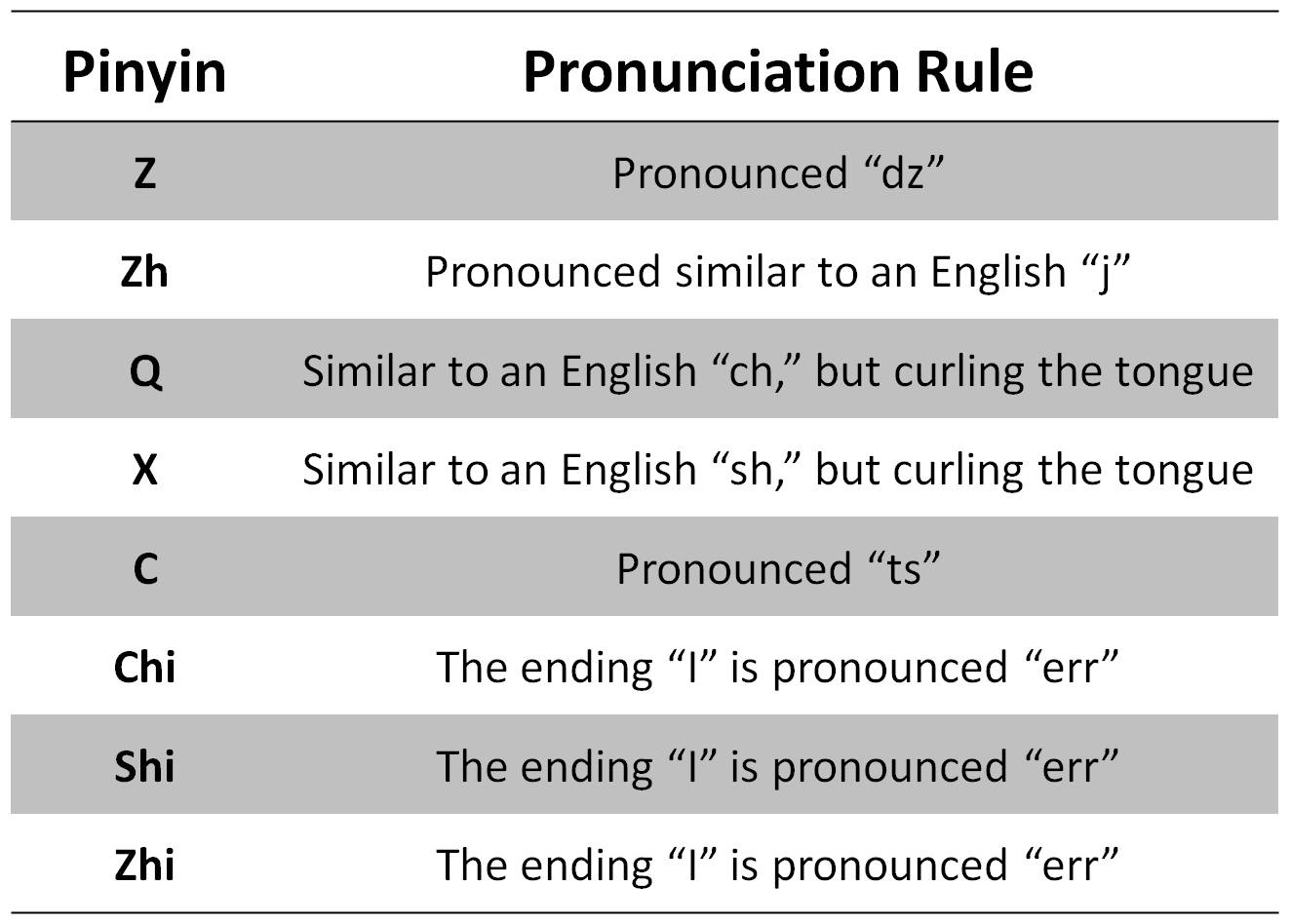Going to the post office in China is not like going to the
post office elsewhere. I’ve mailed things from post offices in the US, South
Korea, Brazil, and Spain. None of these countries have a system remotely like
the Chinese postal system.
On Saturday, I went to the local post office to mail a few
gifts the US. I knew from reading a book on Chinese culture that my package would
be inspected so, I didn’t box anything up. I just brought my gifts and packing tape
in a bag and planned on buying a box at the post office.
At the post office, I stood in line at the counter to buy my
box. When I spoke to the clerk, I showed her the size box I wanted and waited.
She waited too. After a confused minute of staring at each other, she finally
indicated that she wanted to see what I intended to send. I showed her,
thinking that she just wanted to see if everything would fit into the box. That’s
not what she wanted at all. The woman looked at my items, very carefully, and
started putting things into three piles. Finally, she pointed to one pile and
say “Ok.” Then, she asked me what some other items were and, after I told her,
she put them into the other pile. Next, she pointed at this pile and said “No.”
It turns out that almost none of my items were able to be
sent through the mail system. From the way the woman acted, you would have
thought I was trying to send a box of rattle snakes and plutonium. In reality,
my banned items struck me as very tame. Here is a list of my banned items:
- Chocolate Chinese New Year Coins
- Two red envelopes which each contained a $10 USD bill.
- Face Cream (still sealed)
- A decorative, souvenir plate that said “Beijing” and had
pandas on it
- Peanut flavored Chinese candy
Only two items, a t-shirt and some children’s art paper,
were approved. The art paper, however, needed special approval from a second
clerk because the pack came with a wooden stylus. I ended up not bothering to send these items
because it didn’t seem worth it to me to only mail 1/3 of the gifts.
After I checked the
Chinese postal service site, I did find
a list of prohibited items. It turns out that the Chinese postal system is
surprisingly strict. They do not allow anything edible or any type of currency
to be sent. So, that explains the red envelopes with cash and the candy. I
cannot, however, figure out why the face cream and the souvenir plate were
denied.
I know from having mail sent to me that packages sent into
China are inspected. But, it turns out that packages leaving China are just as
closely monitored. I’ll keep that in mind the next time I want to send a gift
home.
The Logo for the Chinese Postal System
__________







